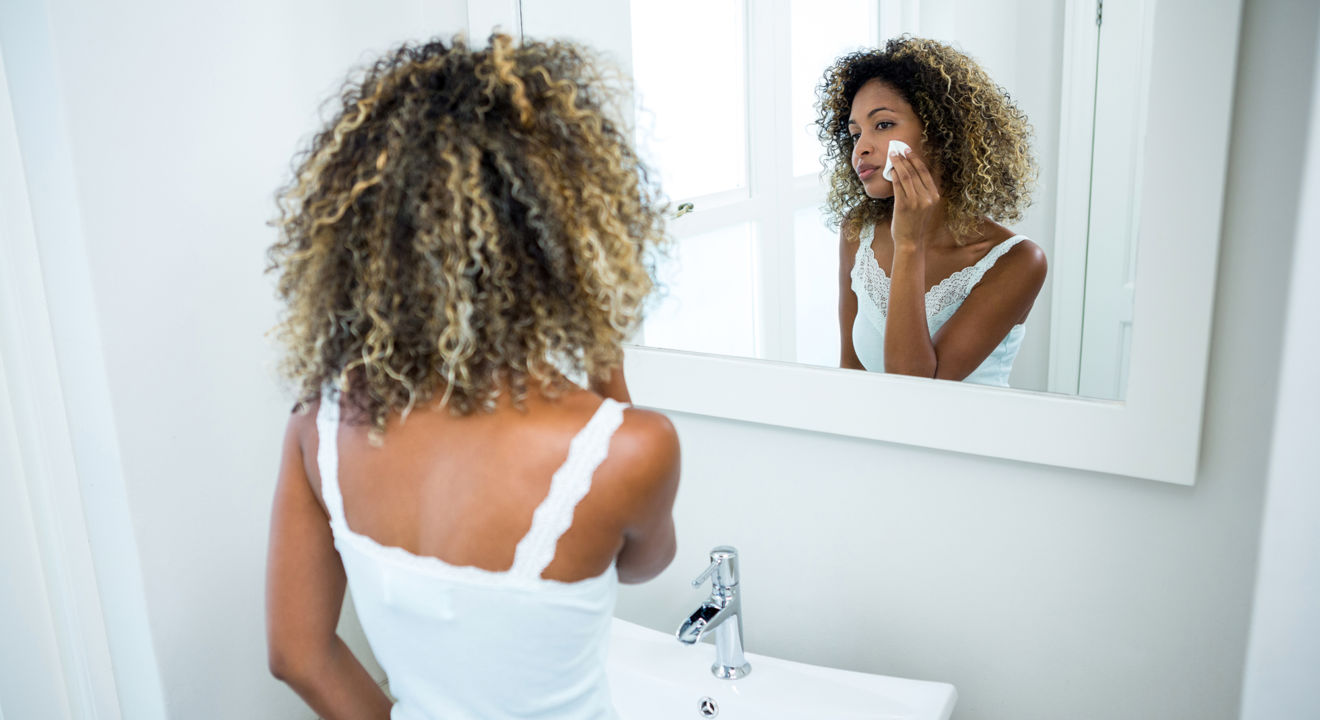Relationships May 11, 2017


Nobody likes pimples. And it’s even worse when your pimples are ugly and painful.
But what are you to do when you’ve got inflamed bumps all over your face? Don’t worry, ENTITY’s got you covered.
Here’s everything we know about cystic acne and how to treat it.
Cystic acne is no fun. They’re large, red and painful. For this reason, they’re also often referred to as inflammatory acne. It’s basically an intense form of acne that results in large, inflamed cysts and nodules on the surface of your skin.
When the wall of your hair follicle or pore ruptures, it leaks bacteria and oil into the surrounding skin. The closer this happens to the skin’s surface, the smaller the breakout will be. However, if the rupture occurs deep inside the pore, then it’ll result in a large, firm bump inside the skin since oil and dead skin cells build up deep in your pores.
Sounds terrifying, right?
Despite what most people assume, your acne won’t go away after puberty. In fact, for many women, acne doesn’t get started until their 20s, 30s or 40s. Some women even experience acnes in tandem with menopause.
Why does this happen?
Well, acne is caused by a number of internal factors. From hormones to genetics, there are a number of things contributing to the annoying zits on your face.
Some people may have set of genes that code for hypersensitivity to inflammation of the skin. Others are also genetically predisposed to a rapid production of skin cells, which can then accelerate pore clogging.
Other times, acne is just caused by hormones like progesterone. Progesterone blocks estrogen activity in the skin. Since estrogen heals the skin by reducing oil production and calming inflammation, a lower amount of it causes more acne. Thus, many women who have high progesterone levels – which often happens because of birth control – often suffer from more acne.
And of course, you already know that stress only makes things worse. Stress causes your body to release other hormones that make your acne worse.
While common medical treatments like Accutane may work for cystic acne, there are home remedies you can try before committing to medication.
Step away from the mirror. Don’t obsess over your cystic acne.
The more you stare at it, the more you’ll want to pick it. Besides, it may just make you feel worse about yourself. You don’t need that right now. We’ve all wanted to bury ourselves under the covers because of some acne.
But with diligent care, those pesky pimples should go away with time.
And if these natural, home remedies don’t work, then stop by your dermatologist’s office for some advice.